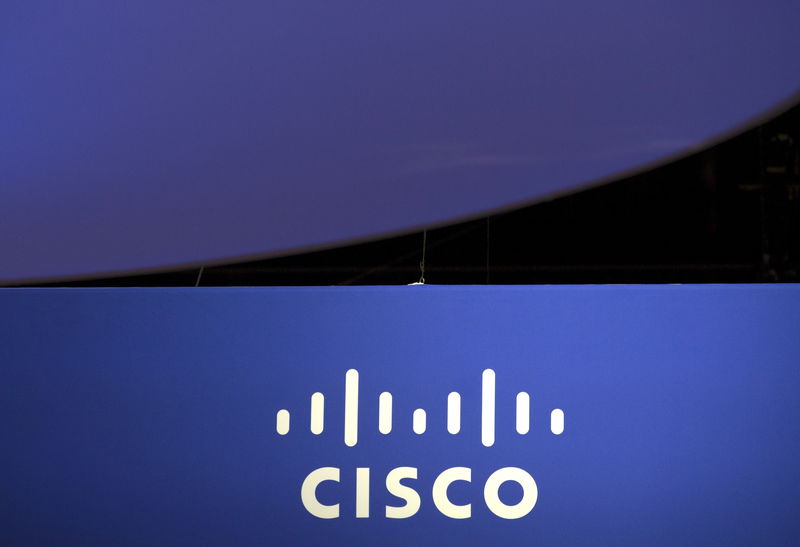By Lawrence Hurley
WASHINGTON (Reuters) - The U.S. Supreme Court on Tuesday ruled against Cisco Systems Inc (O:CSCO) over a patent infringement claim the tech giant is fighting.
On a 6-2 vote, with Justice Stephen Breyer recused from the case, the court threw out a ruling by the U.S. Court of Appeals for the Federal Circuit in favor of Cisco. There is now likely to be a new trial.
The case concerns a patent held by Commil USA LLC on a way to improve the implementation of a wireless network where multiple access points are needed. Commil sued Cisco for patent infringement and induced patent infringement based on the network equipment maker's use of similar technology.
In April 2011, a jury awarded Commil almost $63.8 million in damages. A judge subsequently added $10.3 million in interest.
In June 2013, the appeals court ordered a retrial, concluding in part that Cisco should be allowed to mount the "good faith" defense.
The high court ruled in an opinion written by Justice Anthony Kennedy that Cisco's belief that the patent was invalid was not a legitimate defense.
Washington-based intellectual property lawyer William Jackson said the ruling means "the patent owner must merely prove that the other party knew of the patent and intended to induce infringement - not that the party had any particular belief about validity."
The ruling "restores common sense to patent litigation," said Commil's attorney, Mark Werbner.
Seth Waxman, one of Cisco's lawyers, said the ruling "simply eliminates one of many defenses available to Cisco, which looks forward to retrial of the case."
In a brief filed at the invitation of the high court, the U.S. government had warned that companies accused of inducing patent infringement were likely to raise the "good faith" defense in most cases, if not all of them.
The court appeared to buy that argument, with Kennedy writing that if Cisco prevailed on its theory, there would be "negative consequences" in other cases.
"It can render litigation more burdensome for everyone involved," Kennedy said of the good faith defense.
The case was closely watched by Silicon Valley and biotechnology firms.
Justice Antonin Scalia wrote a dissenting opinion in which he was joined by Chief Justice John Roberts.
Scalia said the ruling would benefit so-called patent trolls, companies that hold patents only for the purpose of suing firms seeking to develop new products.
The case is Commil v. Cisco, U.S. Supreme Court, No. 13-896.
